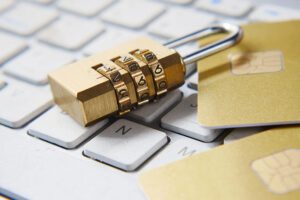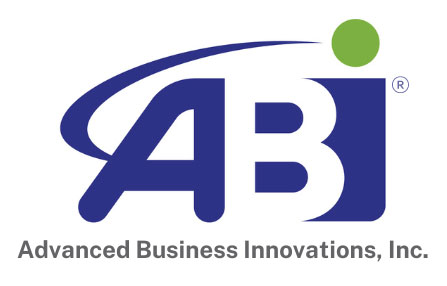The growth and expansion of organizations and technology continues to move at a rapid pace. Unfortunately, with that growth, comes an increased need for enterprise-level security solutions. Multifactor authentication serves as one of the safeguard against the detrimental results of a breach of an organization’s confidential information, including the personal details of both employees and customers.
What Is Multifactor Authentication?
Multifactor authentication, or MFA is a security feature that requires an individual to provide two or more forms of identity verification to gain access to an account, usually after providing a username and password. It is most helpful in instances when a user’s password is not strong, which happens often. Despite warnings and sometimes even a system notification upon creating an account that a password is weak, users still opt to choose passwords that they can easily remember. This is usually the same password that they use for multiple accounts or one that is just too easy to decode and become compromised. Even if a password is breached in a cyber attack, getting past the MFA will pose an additional challenge making it a vital component of your business’ cyber security strategy.
 There are many options when it comes to MFA including inherence factors like face, fingerprint and iris recognition, and knowledge factors which can be a password, a pin, or providing a saved personal detail that only the user would know. Other options are possession factors, like a one time password or pin sent to a user’s cell phone, or the CVV number from the user’s credit or debit card, and location factors which includes using GPS to verify a user’s location. Each one adds an additional layer of security and protects confidential information. Additionally, MFA offers the convenience and safety of the ability to use a single sign on solution (SSO), one name and password to access everything. MFA is the protective barrier for this streamlined approach to ease and security.
There are many options when it comes to MFA including inherence factors like face, fingerprint and iris recognition, and knowledge factors which can be a password, a pin, or providing a saved personal detail that only the user would know. Other options are possession factors, like a one time password or pin sent to a user’s cell phone, or the CVV number from the user’s credit or debit card, and location factors which includes using GPS to verify a user’s location. Each one adds an additional layer of security and protects confidential information. Additionally, MFA offers the convenience and safety of the ability to use a single sign on solution (SSO), one name and password to access everything. MFA is the protective barrier for this streamlined approach to ease and security.
Why is Multifactor Authentication Vital?
According to Verizon’s 2021 Data Breach and Investigations Report1, 85% of breaches involved the human element. In other words, a simple mistake such as a weak password can have dire consequences for an organization. One cyber attack can compromise the confidential information of both staff and customers. This can include credit card and bank account details, business techniques and plans, health records, and even identities, resulting in a huge financial loss for all. MFA is one of the best preventative measures. It is essential to organizational risk reduction.
Implementing Multifactor Authentication
ABI can help you implement a multifactor authentication system (MFA) to secure and protect your team from the threat and execution of a cyber attack. Our team will work directly with your organization to stress the importance of choosing strong passwords and provide education that explains the potential outcomes of a breach. We will also implement requirements to ensure that stronger passwords are chosen, and we will add single sign on solutions with multifactor authentication to your company wide sign on process. Avoid the expense of a breach or attack with increased security and efficiency through implementing MFA.



